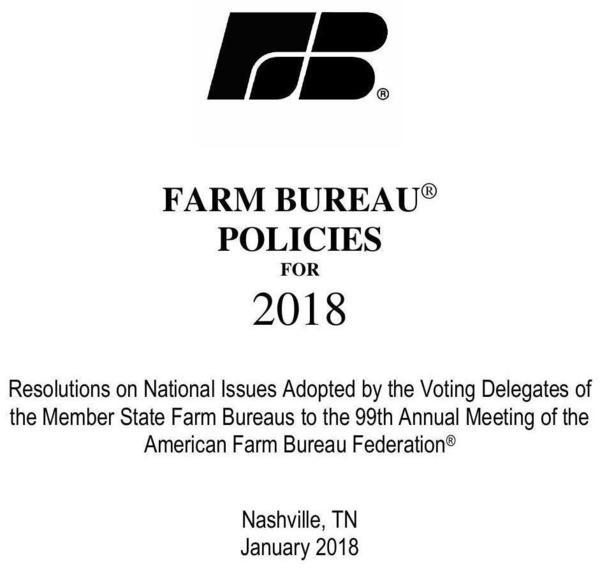Let’s cut to the chase in the letter we filed with FERC yesterday:
11. Historic new circumstances add up
The sun never set on the British Empire. Until it did.
No one circumstance ended that Empire, but it is easy to point at major
events that accelerated its demise, such as the independence of
India and the Suez Incident. Its fall started after the illusion of
its invincibility was shattered by Gandhi’s campaign of civil
disobedience and other events such as World War II.
The illusion of invincibility of the inland colonial empire of
pipelines has been shattered by recent court orders about the ACP,
DAPL, and others, and especially by the shut down of the Dakota
Access Pipeline and the shuttering of the Constitution Pipeline and
the Atlantic Coast Pipeline. All of those pipelines were expected to
be built, and DAPL actually was built before being ordered to shut
down and empty. Now the world knows that pipelines are not
inevitable.
All these pipeline projects, like Sabal Trail, were opposed by
nonviolent protests and political and legal actions. All those
methods of opposition, combined with the sea-change in progress to
renewable energy, eventually added up to a new and significantly
different world than that in which Sabal Trail was permitted or
re-permitted.
The shut down of DAPL and the abandonment of ACP as well as the
court rejection of tolling orders make it a new world even since
FERC’s June 19, 2020, Order granting a rehearing on Sierra Club’s
motion.
FERC should initiate a new [Supplemental Environmental Impact Statement] EIS that should take into account Sabal
Trail’s own track record of leaks and sinkholes, as well as leaks
and accidents from [Liquid Natural Gas] LNG export and LNG transport in rail cars, the
speeding demise of fossil fuels as evidenced by record low LNG
export prices and bankruptcies of frackers, the court rejections of
DAPL, ACP, and tolling orders and how much of Sabal Trail could
never have been built through environmental justice communities
without tolling orders, the coronavirus pandemic, and the rapid rise
of renewable solar, wind, and battery power as evidenced by FPL and
Sabal Trail partners Duke and NextEra, as well as by FERC’s own
numbers. All of those new and significant circumstances make
pipelines such as Sabal Trail toxic stranded assets, dangerous to
the bank accounts of their investors, as well as to the environment,
justice, and human health.
Conclusion
For the reasons stated above, WWALS asks FERC to grant Sierra Club’s
motion for stay of the Commission’s letter order of April 22, 2020,
to halt Sabal Trail Phase II, and to commence a Supplemental
Environmental Impact Statement (SEIS) taking into account all of the
above new and significant circumstances.
![[Third-party inspection, recission, stay, SEIS]](https://www.wwals.net/pictures/2020-07-20--wwals-brief-ferc-sabal-trail-phase-ii-rehearing/big/2020-07-20--WWALS-Brief-CP15-17-005-0001.jpg)
Third-party inspection, recission, stay, SEIS
For those who are not familiar with tolling orders, they are basically how,
after the Federal Energy Regulatory Commission (FERC) gives federal eminent domain to a private pipeline company,
FERC lets that pipeline company take land before any payment to the landowner or even any agreement is reached.
Without tolling orders, it’s not clear the FERC will ever get another pipeline built.
Here’s a longer explanation. Continue reading →
![[State of Emergency, Georgia & Florida 2024-08-03, Hurricane Debby, Wind, Rain, Flooding]](https://www.wwals.net/pictures/2024-08-03--soe-debby/fbmany.jpg)


![[Tom Fanning responds to John S. Quarterman]](https://www.wwals.net/pictures/2022-05-25--suwannee-riverkeeper-so-stockholders-meeting/many.jpg)
![[John S. Quarterman, Suwannee Riverkeeper]](https://www.wwals.net/pictures/2022-05-25--suwannee-riverkeeper-so-stockholders-meeting/jsq.jpg)
![[Third-party inspection, recission, stay, SEIS]](https://www.wwals.net/pictures/2020-07-20--wwals-brief-ferc-sabal-trail-phase-ii-rehearing/big/2020-07-20--WWALS-Brief-CP15-17-005-0001.jpg)
![[Platts: Sabal Trail Phase II Compressor Stations]](https://www.wwals.net/pictures/2020-04-23--ferc-stt-platts/platts-stt-compressors-phase-ii.jpg)
![[Site Plan]](https://www.wwals.net/pictures/2019-01-17--stt-phase-ii-request/20190117-5096-33348792-0042.jpg)
![[Aerial]](https://www.wwals.net/pictures/2019-01-17--stt-phase-ii-request/20190117-5096-33348792-0046.jpg)
![[AGL fines, more solar, coal ash disposal, and mercury]](https://www.wwals.net/pictures/2019-06-10--wwals-ga-psc/2019-06-10--WWALS-Shaw-GA-PSC-0001.jpg)
![[Traffic light repair 15:20:18, 31.6363489, -84.2473075]](https://www.wwals.net/pictures/2018-10-11--hurricane-michael/traffic-light.jpg)


